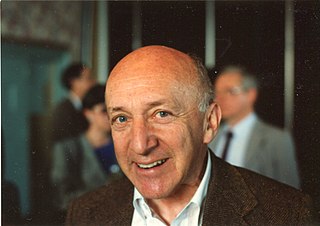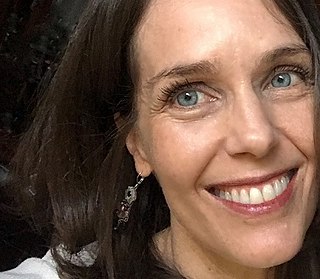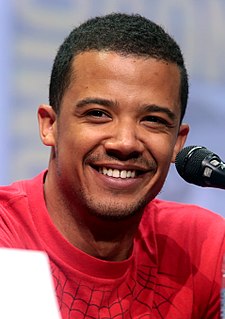A Quote by Philip Yancey
When I don't know the answer to something, I write a book about it because it gives me a chance to explore it and go to some people who do have the answers.
Related Quotes
One of the big misapprehensions about mathematics that we perpetrate in our classrooms is that the teacher always seems to know the answer to any problem that is discussed. This gives students the idea that there is a book somewhere with all the right answers to all of the interesting questions, and that teachers know those answers. And if one could get hold of the book, one would have everything settled. That's so unlike the true nature of mathematics.
religion is about having the right answers, and some of their answers are right... but i am about the process that takes you to the living answer... it will change you from the inside. there are a lot of smart people who are able to say a lot of right things from their brain because they have been told what the right answers are, but they don't know me at all.
How do you explain to somebody who doesn't understand that you don't build a library to read. A library is a resource. Something you go to, for reference, as and when. But also something you simply look at, because it gives you succour, answers to some idea of who you are or, more to the point, who you would like to be, who you will be once you own every book you need to own.
I write songs when I need to. That's how I write songs: when there's something that's bugging me. If something's troubling me, and I don't really know how to articulate it to people directly - my friends, my family, or my girlfriend - then I'll write a song about it because I know I can articulate it that way.
The secret to writing is writing. Lots of people I know talk about writing. They will tell me about the book they are going to write, or are thinking about writing, or may write some day in the future. And I know they will never do it. If someone is serious about writing, then they will sit down every day and put some words down on paper.
It's amazing to me: when people start their career, you write about maybe a couple of topics, and you find that as you grow older, a lot of those topics never resolve, because I think your job as a writer is to pose questions as you see them. I don't know if we're supposed to give answers to people, because I don't know if we have any.
The age of the book is not over. No way... But maybe the age of some books is over. People say to me sometimes 'Steve, are you ever going to write a straight novel, a serious novel' and by that they mean a novel about college professors who are having impotence problems or something like that. And I have to say those things just don't interest me. Why? I don't know. But it took me about twenty years to get over that question, and not be kind of ashamed about what I do, of the books I write.


































